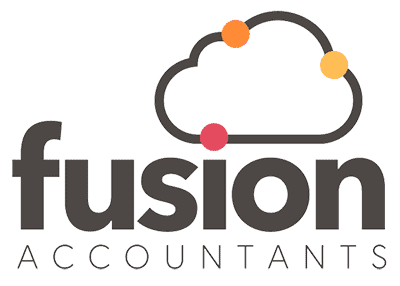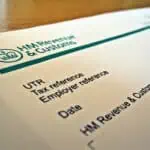Pensions for directors in the UK
Reading Time:
What is pension?
Can a company pay pension contributions into its director’s personal pension?
The simple answer to this question is yes it can and will be tax deductible. However, there are some conditions which we are going to discuss in its article.
Types of pensions
Pension is a prudent, tax efficient way of saving for the future when you are retired and/or unable to work. Pensions are either personal or workplace.
Personal pension
Personal Pension as the name suggests, is the pension plan that you set up personally through a pension provider.
Workplace pension
It is the type of pension where contributions to your pension are made by your employer as well as yourself through a deduction from your gross pay.
Pension contributions are the payments that are made to the pension pot. Contributions to your pensions as a limited company’s director not only provide a way to save for your retirement but also make it possible to use your company’s profits with a lower tax outcome. Thus, Pension contributions offer the limited company a tax break. Now this contribution by the company to your pension pot as a director can be made via setting up a workplace pension or paying directly into your personal pension plan already set up by you with a pension provider.
Pension contributions through a limited company
While personal contributions have an annual limit which has been increased form £40,000 to £60,000 from April 2023 or the yearly salary (whichever is the lowest), company contributions are not limited by salary restrictions if they meet HMRC’s “wholly and exclusively” test.
This annual limit is called pension annual allowance. It is the total of pension contribution eligible for tax relief paid by yourself or your company together into all of your pension schemes. Any excess contribution will be taxed at your marginal rate of income tax. This is called annual allowance charge. For example, lets us say Jane contributes £70,000 to her pension in 2023-24 tax year. Her income for the year is £100,000 putting her in 40% income tax bracket. As her pension contribution exceeds the annual allowance of £60,000, she will have to pay annual allowance charge of £4,000, (£70,000-£60,000) X40%. This will be added to her income tax liability for the year.
According to HMRC manual form HM Revenue & Customs, “You need to exercise care when applying the ‘wholly and exclusively’ test. Where a taxpayer incurs an expense wholly and exclusively for the purposes of their trade, profession or vocation an incidental benefit may arise. Such an incidental benefit does not, of itself, mean that the expenditure is disallowed. Pension contributions above 60,000 pounds garner tax charge as explained above.
Factors considered by HMRC before allowing pension contributions through a limited company:
- The level of total payments including salary benefits dividends etc should be equitable commercially for the work done.
- The pension contributions should not exceed the annual profits of the company.
Also Read: Creditors & Debtors Explained
Tax benefits of paying pension through a limited company
If you are a director of your own limited company, you can make contributions to director’s pension as a business in the form of individual contributions as well as employer’s. Interestingly, you can claim a pension tax relief too on both. Still it is more efficient to contribute as a company than as an individual. It is so because when the company makes contributions then its taxable profits will be reduced and so will its tax liability. On the other hand, pension contribution paid by a self-employed into his/her pension fund is not tax deductible as they cannot employ themselves being the same legal person. on the other hand, a company is a separate legal entity and can employ you as a director of the company.
How contributing pension through a company saves tax
As a company director you get tax relief at your highest marginal rate, it may be 20% or 40 %, even 45%. You can get a tax relief even if you personally contribute 100% of PAYE income or 60,000 pounds.
Contributing to your pension through limited company exempts the employers from paying National Insurance on pension contributions. The current national insurance for employers is 13.8%. So, you can save upto 13.8% if you contribute to your pension directly and not pay it as a salary. Hence the company can save in total 32.8% (19% corporation tax + 13.8% employer NI) by directly contributing to its director’s pension instead of paying it as a salary. This way can be more efficient in terms of tax saving than making personal contributions specifically if due to 100% of PAYE rule, there is a limit to the amount you can pay into pension contributions.
Conclusion
Pension is the amount of money you save for your retirement. This is done by making contributions into a workplace pension or personal pension. Workplace pension is setup by the employer while personal pension is setup by yourself through a pension provider. Pension contribution by a self-employed into his/her pension fund is not tax deductible while the pension contribution paid by a company on behalf of its director is allowable expenses for tax purpose and hence more tax efficient.
At fusion accountants, we have been saving taxes for our clients by advising them on the most tax efficient strategies. If you want to ensure you do not pay taxes more than you should, please get in touch.
Also Read: Choosing A Business Structure






